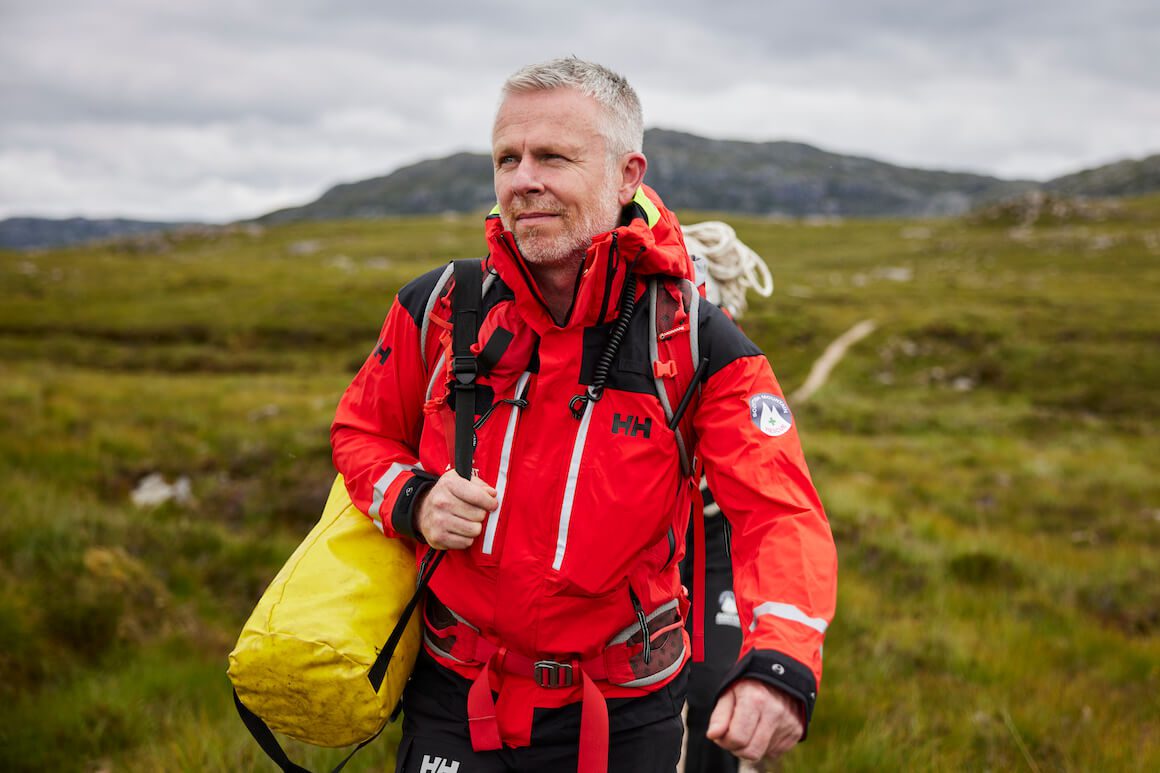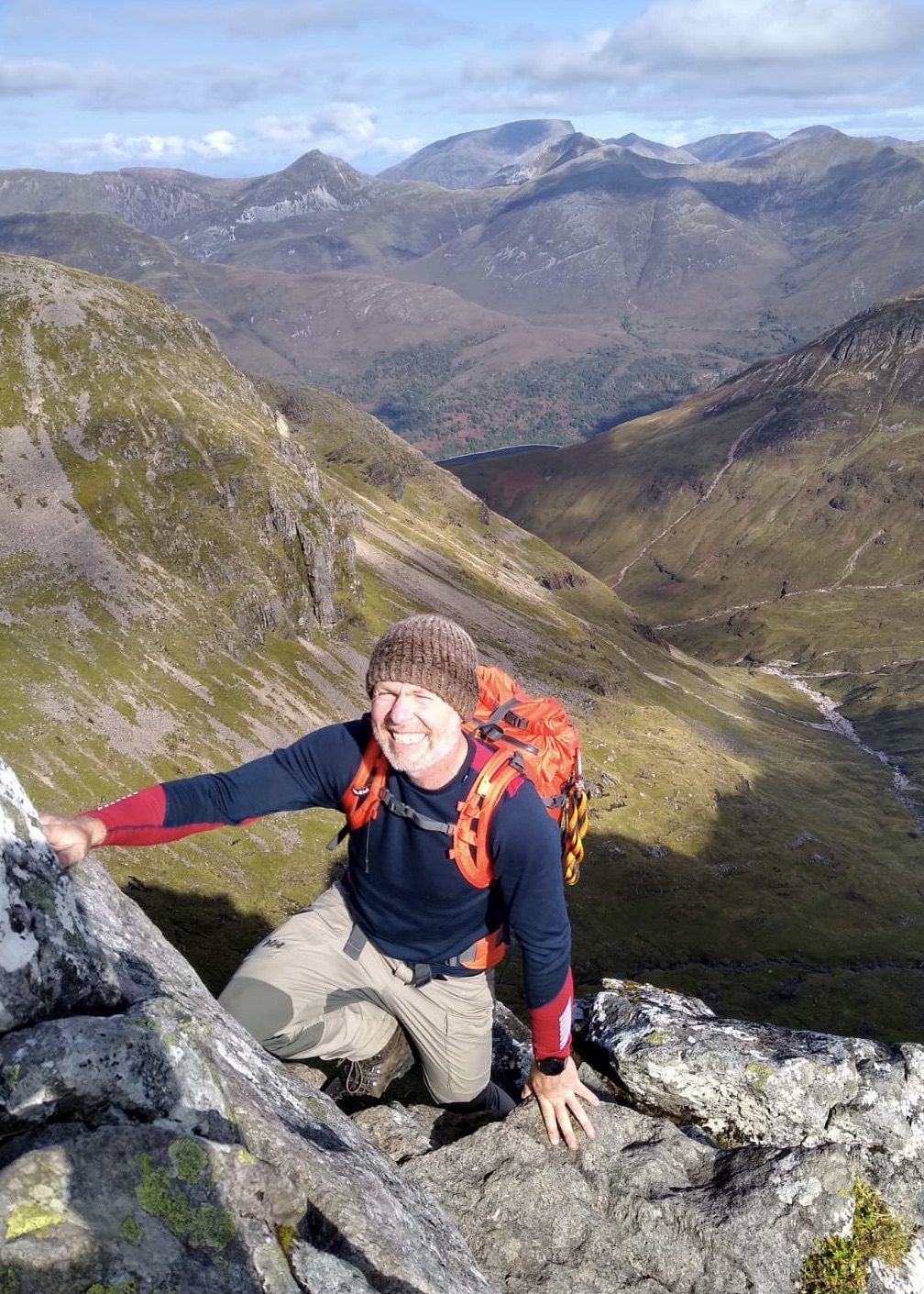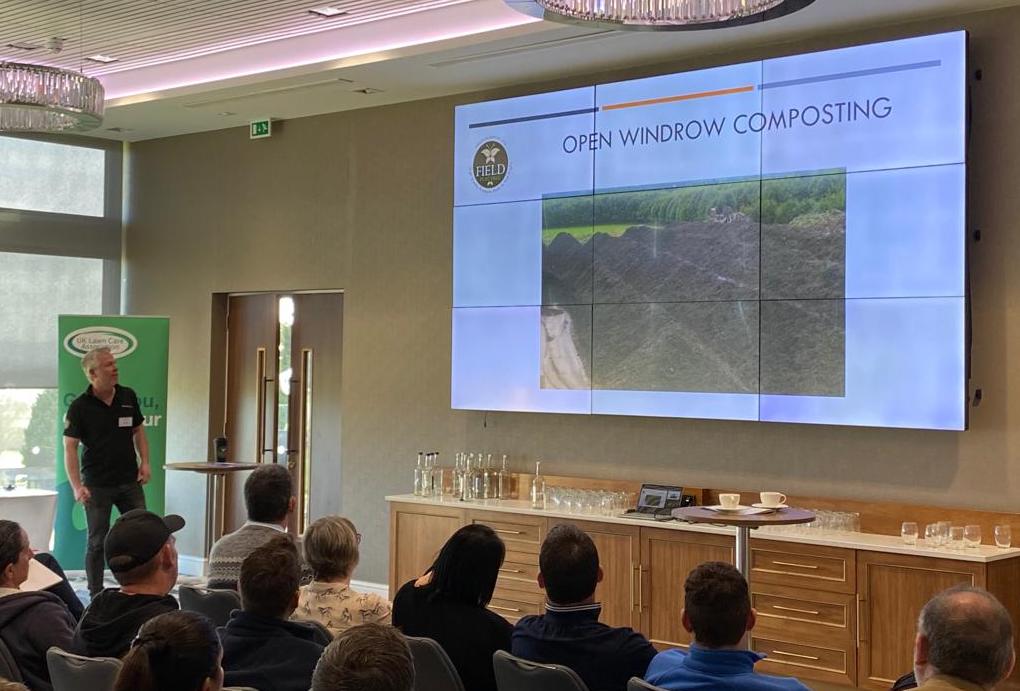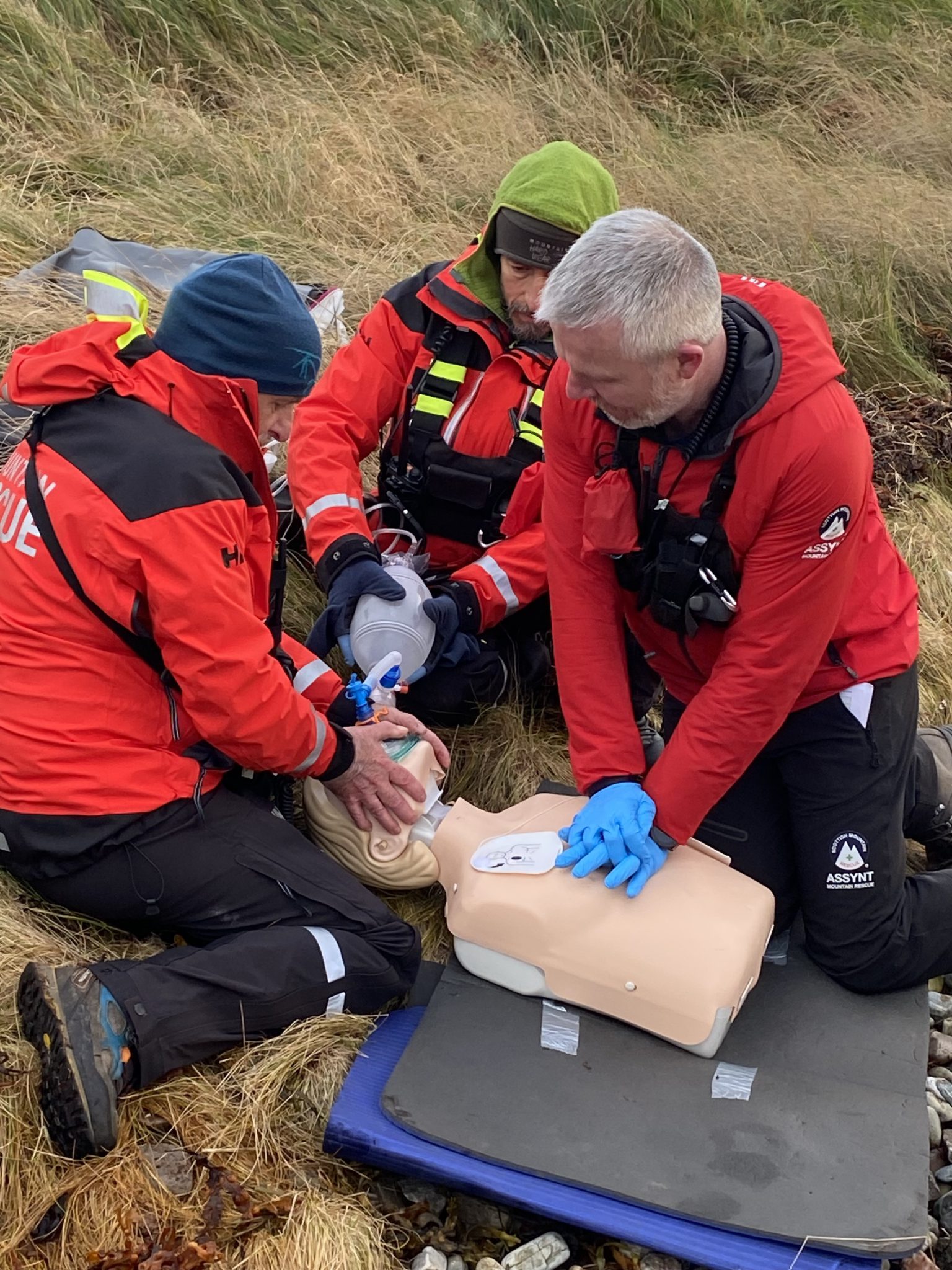You need support to make it work – Self Employment and Volunteering for MR

You need support to make it work – Self Employment and Volunteering for MR
Mountain Rescue Volunteers are available at a moment’s notice for a call-out. But how do our volunteers balance their day jobs with saving lives? In the first of a series of interviews we chat to Ben Dyson who is self-employed about volunteering whilst also working for himself.

We asked Ben a few questions about his time in the team and how he balances his commitments.
Q&A
When and how did you join a team?
I joined Assynt MRT as part of their annual recruitment drive in Autumn 2018.
What are the best things about being in a Mountain Rescue Team?
The craic with teammates has got to be one of the best aspects of volunteering with a mountain rescue team. Through training and attending callouts together you build up a mutual respect and common bond and with this comes plenty of friendly banter. It’s amazing how much this can lift people during those more challenging moments.
Also, there’s the buzz you get from helping folk out on the hill and it’s really satisfying when you’re able to put the many hours of training into practice for real.

What are the hardest things?
Attending Team committee meetings and anything admin related!
Not all callouts have a positive outcome, but we have fantastic well-being support both within our team and the wider Scottish Mountain Rescue (SMR) community.
What do you do for work?
I have worked as a self-employed environmental consultant for the past ten years. Most of my work is for clients in the waste management industry and involves implementing a British Standard for recycling garden waste to produce compost products. As a BASIS registered fertilizer adviser (agronomist), I also assist farmers, growers, landscapers and horticulturists with the use of compost products. The vast majority of my clients are based in England, and although a lot of my work can be done remotely, it does require time working down south.

More recently I have been working as a mountain guide and first aid instructor which helps keeps work closer to home.
Did you have any concerns, or potential positives when joining a team because of your self-employment?
The Team has always been supportive of my requirement to work away periodically so it was never really a concern. When I am at home, I have a great deal of flexibility over my working hours and how I allocate my time to MRT responsibilities. As such I would say that the nature of my work probably makes volunteering for an MRT easier than if I were employed.
Does being self-employed and being in a team create any challenges for you? How do you manage these?
It does to the extent that when I’m volunteering for the MRT, I’m not earning any money and my additional responsibilities as the team medical officer make this tricky at times. I manage this by trying to stay organized and by managing my time efficiently.
Does being self-employed and being in a team have any benefits for you and your business?
My role within Assynt MRT helps to keep me current with medical skills and practice that is extremely relevant to my work as a first aid instructor. The excellent SMR Casualty Care training and assessment program has enhanced my skills as a first aider which I also hope adds to my credibility as an instructor.

I have also benefitted significantly from training funded by UKSAR and Assynt MRT. This has enabled me to complete my mountain leader training and assessment, winter mountain leader training and first aid instructors’ qualification. I also have funding in place for my winter mountain leader assessment early next year.
What advice would you give to someone else who is self-employed and thinking about joining a team?
It very much depends on the nature of someone’s self-employment. If you have flexibility in your working hours/commitments, then I’d say go for it.
However, if you are limited to working specific hours, you would need to consider whether you are able to make yourself available for training and callouts without detriment to your business or the MRT’s resilience.
If in doubt, contact the team leader of the MRT you are thinking of joining. Assynt MRT have several self-employed team members that manage to balance their work and volunteering commitments. It may be that you can only make yourself available at certain times of year but are a very useful asset to the team during those periods.
It’s essential to consider the impact on family members, employees, business partners etc. It’s a big commitment and you will need their support to make it work.

Thank you Ben for sharing your experience.
If you are self-employed and thinking of volunteering for a Scottish Mountain Rescue team, please see our Volunteer page; – https://www.scottishmountainrescue.org/volunteering/